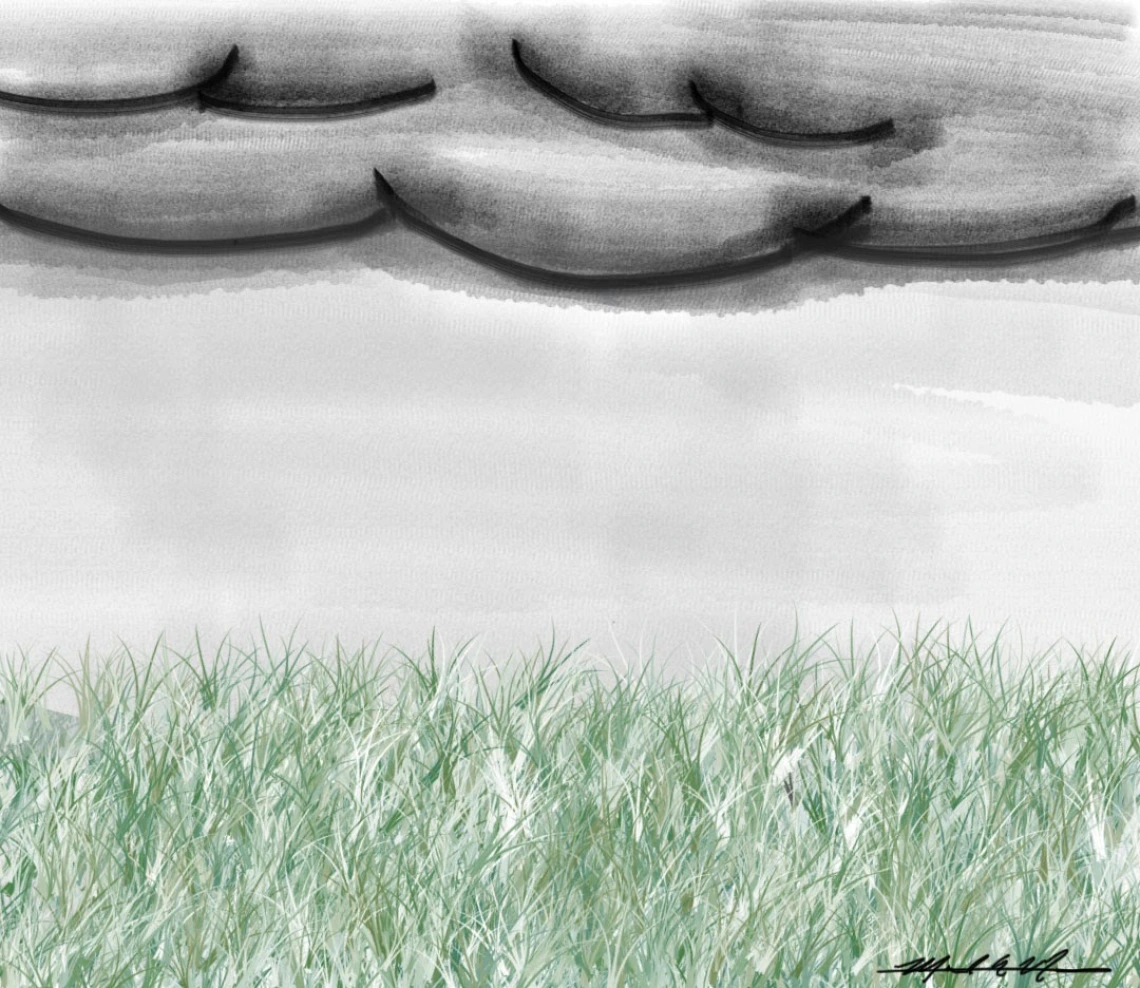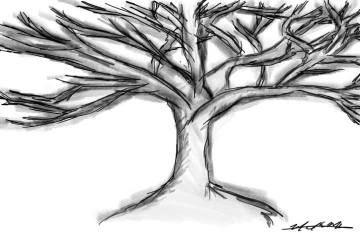The Work of Epidemiology

Dr. Oren, Assistant Professor for the Department of Epidemiology and Biostatistics at the University of Arizona studying climate change and respiratory infections. In the fall Dr. Oren plans to work with farm workers in Yuma assessing Tuberculosis (TB) infection on the border, specifically latent TB infection. He then studies the disease progression, finding the point at which the patient becomes infectious.
A difficulty he has found with this study is the follow up process because these workers work long hours and they are not available to get evaluated. Also, would they accept the test? These are different issues Dr. Oren is ready to confront in this study, as well as field work.
The field is not new to Dr. Oren though. That is where he started, in the field. Since he had talent working with data, he was told that epidemiology, “the study of the distribution and determinants of health problems in specified populations and the application of this study to control health problems” would be a good fit for him (CDC). He took the advice and went into graduate school studying epidemiology. Dr. Oren then took a job working with King County in Seattle, Washington where he worked as an epidemiologist doing site investigations on outbreaks, and would go into homeless shelters, worksites, and investigate. He then would test people for TB according to his investigations. It was very exciting for him, but also required a lot of paper work. Through this job and more he has been able to gain more experience that will be vital in his future research project starting in the fall semester.



Dr. Oren, Assistant Professor for the Department of Epidemiology and Biostatistics at the University of Arizona studying climate change and respiratory infections
Since Dr. Oren is not currently working with massive amounts of data, he sees no great need currently to use supercomputing. However, he has future plans to use supercomputing resources, as he sees big data ahead.
Dr. Oren also leads a work group that studies stomach bacteria which leads to gastric cancer. “We have had a couple of really interesting student led projects. such as a survey of practices among doctors around the country, whether we can use secondary data to understand the mode of transmission, and looking at some trends”.
Like most professors, Dr. Oren uses his research for his teaching. He teaches a graduate level class called Social Epidemiology. This course explores how social factors influence health along with other factors. So not just ‘poor people usually get sick’, but why, and how, and what we can do about it”. He uses a lot of case examples in his classes. The best method he has found to help students is by inviting guests to his class to work with the students for a day. Dr. Oren invites sociologists, anthropologists, and more as guests. This method has worked to inform the students as well as Dr. Oren with his own ideas.
What really interests Dr. Oren about RCGC is mostly the connections and collaborations that keep him in the loop. So, although he is currently not not working on projects that require high performance computing, he likes to see what others can do with it, and perhaps in the future use it himself.
